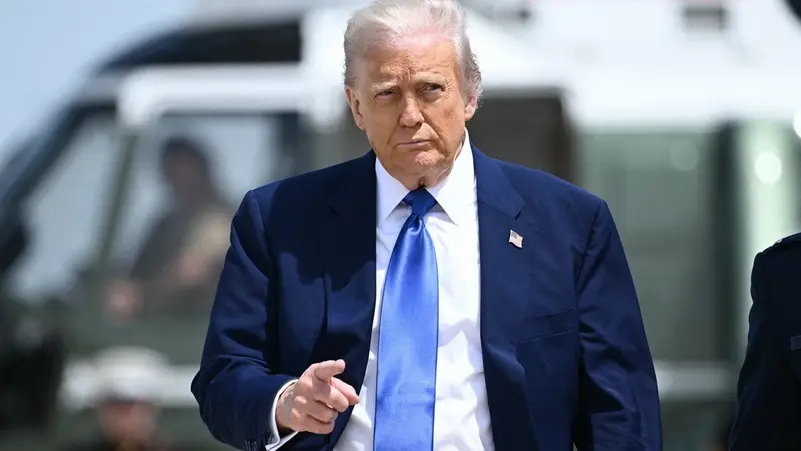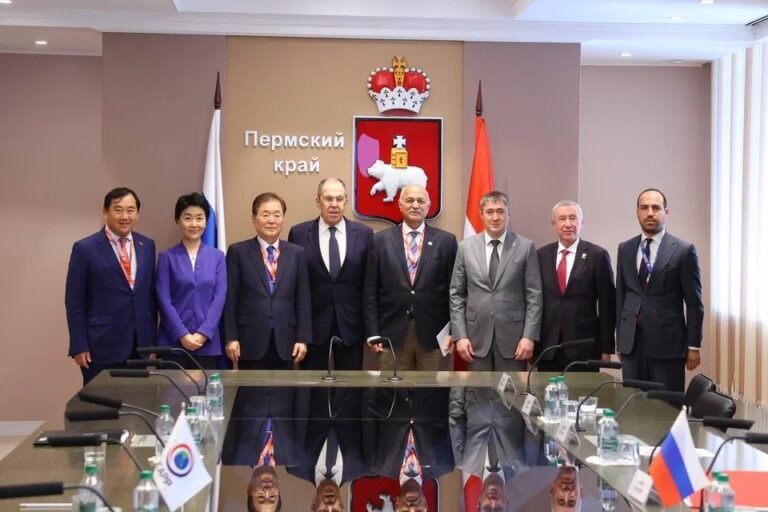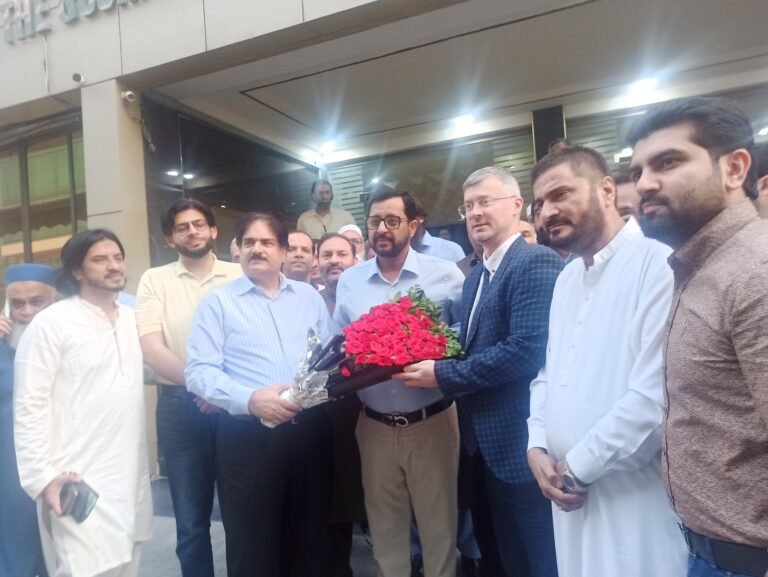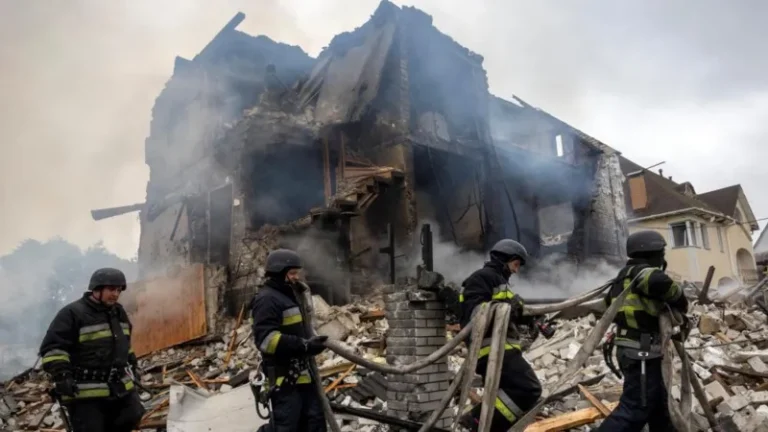All eyes will be on the Gulf region this week as US President Donald Trump embarks on his first official visit abroad. But the bigger question remains: What will come out of the trip for Washington and for the capitals of Saudi Arabia, Qatar and the United Arab Emirates?
Trump choosing the region as his first foreign trip after taking office in January speaks volumes about the value the US president places in the Middle East, particularly Riyadh, Doha and Abu Dhabi.
A large delegation will accompany the president, including Secretary of State Marco Rubio, Pentagon chief Pete Hegseth, Treasury Secretary Scott Bessent and Commerce Secretary Howard Lutnick.
Trump was hoping the region would be experiencing a calmer environment than is expected with the Gaza war still raging and tit-for-tat attacks between the Israelis and Yemen’s Houthis escalating.
But with Israel now pledging to take over the entire Gaza Strip and potentially annex the West Bank, regional leaders will make it known to Trump that the continued violence will not help stabilize the region nor will it help US national security interests and foreign policy goals.
Nevertheless, several deals are expected to be signed on all three of the president’s stops.
In Saudi Arabia, major defense agreements will be signed, according to officials and sources familiar with the matter.
One of the bigger announcements will be an agreement for Saudi Arabia to purchase American fighter jets. It remains to be seen whether the jets sold will be F-15s or F-35s.
No agreement is expected to be announced on cooperation for Saudi Arabia to begin a civilian nuclear enrichment program, officials said. This has been tied directly to Saudi-Israeli normalization; however, that remains off the table for the foreseeable future with embattled Israeli premier Benajmin Netanyahu adamant on continuing the Gaza war and not showing any interest in a two-state solution.
“It is more than off the table. I think normalization is dead,” Firas Maksad, the managing director for the Middle East and North Africa at the Eurasia Group said in a recent interview with CNN.
Saudi-US Investment Forum
Several top executives from the US and Saudi Arabia are expected to participate in a joint investment forum the day he arrives.
Among those slated to participate in the investment forum are: BlackRock CEO Larry Fink, White House AI and Crypto Czar David Sacks, Northrop Grunman CEO Kathy Warden, Lockheed Martin International President Michael Williamson, Citigroup CEO Jane Fraser, and IBM CEO Arvind Krishna. Palantir CEO Alex Karp and Axiom Space Executive Chairman Kam Ghaffarian are also scheduled to speak.
“Perhaps many might assume it’s going to be in one direction as in outwards investments from Saudi Arabia, which is partly true. But also, there’s going to be huge opportunities for American investors on display,” Arab News Editor-in-Chief Faisal Abbas told CNBC this week. Abbas went on to say that military deals would not be the only deals struck, hinting that agreements in the fields of technology and artificial intelligence (AI) were expected.
Meanwhile, Saudi political analyst Ali Shihabi has said Trump’s visit should be seen as more than just a nod to a historical ally.
“The Kingdom is no longer just a buyer of weapons or a passive player in global affairs. It is a host of diplomacy, a laboratory of reform, and a partner for a more balanced world order,” Shihabi said in a recent op-ed published by Fox News.
Shihabi urged what he called a “divided and distracted American establishment” to understand that Saudi Arabia was not seeking a blank check. “Rather, it is pursuing a balanced, transactional relationship that serves both nations’ national interests.”
Trump’s UAE visit
In the UAE, the focus is expected to be in large part on the tech sector and an anticipated announcement by Trump to ease AI chip restrictions on countries, particularly the Gulf.
Abu Dhabi has long been pleading with Trump administration to allow it to have more access to Nvidia AI chips.
The UAE has also pledged north of a trillion dollars in investments inside the US in the AI sector as well as energy and other fields.
Trump’s Qatar visit
Qatar, which hosts the largest US military base in the region and an estimated 10,000 US troops, will look to showcase its value to the president as well as investors following a difficult economic period after Doha hosted the World Cup in 2022.
Qatar has long played a role in relaying messages to Washington’s adversaries and has been a central player in the Gaza ceasefire efforts as well securing the release of American hostages held by the Taliban, Hamas and in other places of the world.







